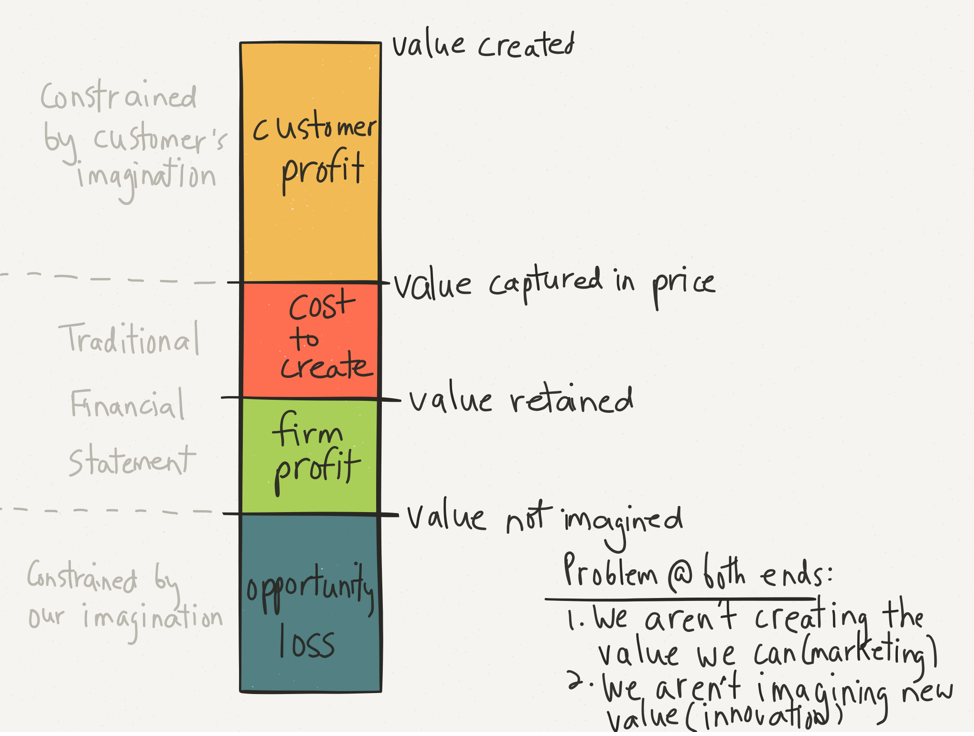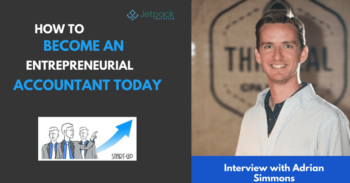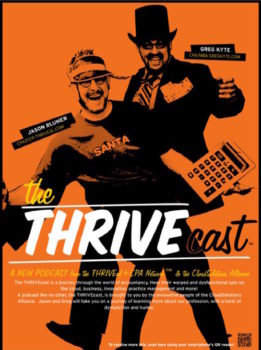Over the years, I’ve developed a skepticism of brands, a healthy one I hope. And I would venture to say you have too. One ad after another, all making claims to be the best thing ever. Common sense tells us it can’t actually be — we all want to believe that particular cologne/perfume is going to make us instantly magnetic, but we know better. And then there’s one purchase after another; many don’t live up to the hype, some do, some do to begin with, but don’t last. Each of these experiences eats away at our ability to believe, to trust.
Brands can be so impersonal — marketing messages connect us to the brand, and humans become merely the means to get to the brand. Ads create a desire for Cheerios, and supermarkets and checkout registers are just a delivery mechanism to acquire Cheerios for ourselves. The quicker and easier, the better. Products, not humans, are the end. (Or perhaps more accurately, the emotional state promised by the products.)
But brands are real, right? I mean, after all, there’s Coca-Cola, Apple, Southwest, and Rolls Royce. They must truly exist. Or do they? Maybe they’re just made up. Maybe they only exist simply because we all agree they exist. Sorta like language — we all agree this scrawled shape on a piece of paper constitutes a letter, “d” we’ll call it. And we agree that it makes a particular, recognizable sound formed by our mouths and tongues. And when combined with the two other scrawled shapes “o” and “g,” signifies those panting, four-legged furry creatures in our homes.
Continue reading “Brands Don’t Really Exist”


 You may recognize JetPack Workflow as a provider of simple client and workflow management software. It was fun to join David Cristello in their podcast to talk about being an entrepreneurial accountant, where we covered topics like the psychological shift needed to prepare for the future of accounting, the importance of taking breaks (and how to take them, even in tax season), and tips for how to be an entrepreneurial accountant.
You may recognize JetPack Workflow as a provider of simple client and workflow management software. It was fun to join David Cristello in their podcast to talk about being an entrepreneurial accountant, where we covered topics like the psychological shift needed to prepare for the future of accounting, the importance of taking breaks (and how to take them, even in tax season), and tips for how to be an entrepreneurial accountant. Each December the
Each December the